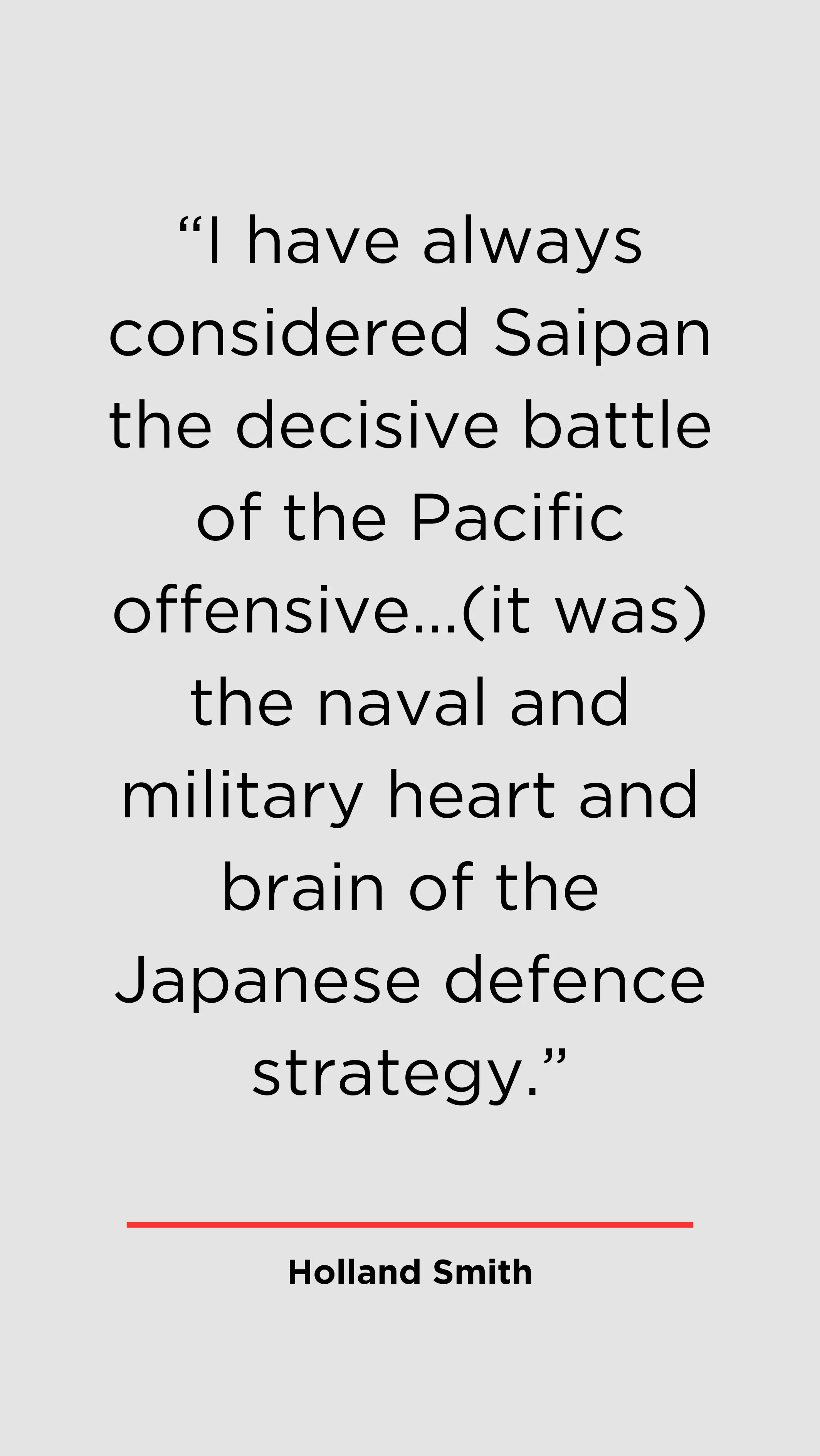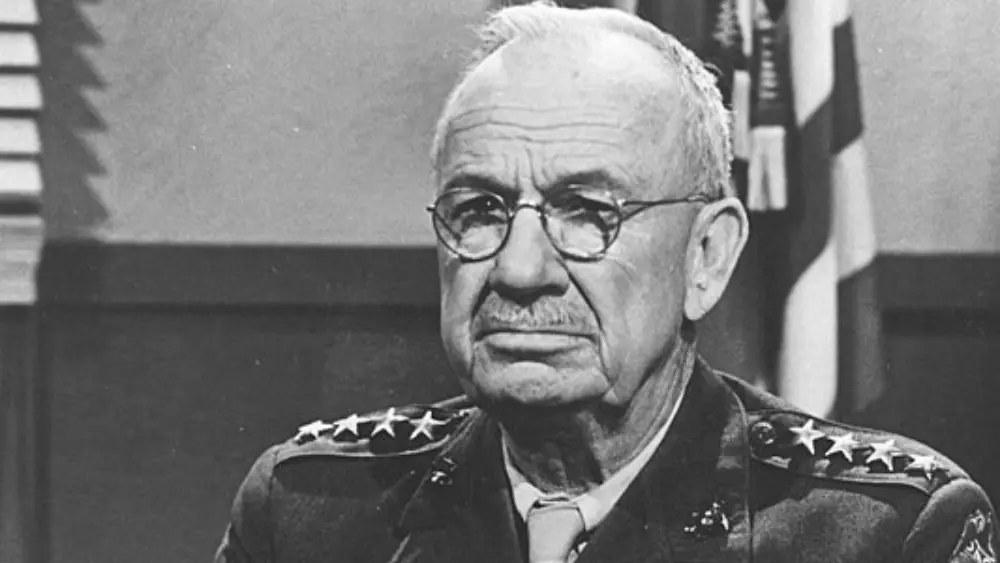Holland McTyeire Smith, a legendary figure in the United States Marine Corps, is celebrated for his instrumental role in the formation and leadership of the Marine Raiders during World War II. Born on April 20, 1882, in Hatchechubbee, Alabama, Smith’s military career spanned several decades, and he is best known for his contributions to the Marine Corps’ elite special operations unit.
Early Life and Military Career
Holland Smith’s early life embodied duty and patriotism, shaping his career profoundly. Born into a family with a strong military tradition, he felt a profound calling to serve his country. After studying at the University of Alabama, Smith enlisted in the Marine Corps in 1901, following his calling boldly.
Joining the Marines launched a remarkable military career spanning decades, with steady rank advancement for Holland Smith. Smith’s service reflected an unwavering commitment to the country and the honor and discipline instilled in him during his formative years. Early life and military service paved the way for his prominent role in the Marine Corps and American military history.
Holland Smith: World War I and Interwar Years
Holland Smith’s military journey reached a significant milestone during World War I where his leadership abilities came to the forefront. His service in the conflict showcased his dedication to duty and his capacity to lead under challenging circumstances.
In the interwar years that followed, Holland Smith continued to ascend through the ranks, steadily advancing in the military hierarchy. His leadership qualities and dedication to the Marine Corps allowed him to rise as a prominent figure within the organization. Years of preparation and advancement paved the way for his later achievements as a military leader in World War II. Holland Smith’s WWI to interwar journey showcased his service commitment and potential for greater leadership in the future.
Formation of the Marine Raiders
In the crucible of World War II, Holland Smith’s visionary leadership and innovative thinking came to the fore. Recognizing the need for a specialized amphibious force capable of conducting unconventional warfare, Smith played a pivotal role in the formation of the Marine Raiders. This elite unit was designed to undertake daring and high-risk operations behind enemy lines, with the ability to strike with speed and precision. Smith’s vision for the Marine Raiders was ahead of its time, anticipating the need for such specialized forces in modern warfare.
The establishment of the Marine Raiders showcased Smith’s ability to adapt to the demands of a rapidly changing battlefield and his commitment to providing the Marine Corps with the tools and capabilities necessary for success in the Pacific theater of World War II. Under his leadership, the Marine Raiders made a significant impact in some of the most challenging campaigns of the war, earning a reputation for courage and effectiveness.
Holland Smith: Leadership in the Pacific Theater
Holland Smith’s leadership in the Pacific Theater of World War II stands as a testament to his strategic brilliance and unwavering commitment to victory. His role was pivotal in planning and executing critical amphibious assaults that would shape the outcome of the war. Perhaps one of the most iconic battles where Smith’s leadership shone was the Battle of Guadalcanal. Under his command, the Marine Corps executed a daring and successful amphibious assault on the island, seizing a crucial airfield and setting the stage for a pivotal turning point in the Pacific campaign. Smith’s meticulous planning and tenacious leadership were instrumental in securing Guadalcanal, a battle that would go down in history as a defining moment in the Pacific War.
Throughout his tenure in the Pacific Theater, Smith’s leadership continued to be a driving force behind numerous other critical amphibious operations, each demanding a unique blend of tactical acumen and unwavering determination. His contributions to these campaigns were instrumental in advancing the Allied cause and ultimately leading to victory in the Pacific. Holland Smith’s legacy in the theater remains a testament to his exceptional leadership and his pivotal role in some of the most significant military operations of the 20th century.
Raiders in Action
Holland Smith led Marine Raiders in bold, effective hit-and-run raids against Japanese-held islands, proving their mettle. Specially trained and equipped elite forces executed covert and high-stakes missions deep behind enemy lines, often under perilous conditions. Smith’s leadership shaped Raider’s tactics, prioritizing precision, speed, and audacity, pivotal to their successful operations.
Marine Raiders disrupted Japanese forces and boosted Allied morale by taking the fight to the enemy. Smith’s leadership and the success of the Marine Raiders highlighted the importance of specialized forces in modern warfare. He set a precedent for future special operations units. Their daring raids remain a testament to the courage and skill of these elite warriors and to Smith’s leadership in harnessing their potential to strike at the heart of the enemy’s defenses.
Holland Smith: Integration of the Raiders
Holland Smith’s leadership of the Marine Raiders not only saw remarkable successes but also significant challenges. Elite unit’s daring success faced officer resistance; they opposed Smith’s idea to disband the unit despite achieving vital goals. This resistance stemmed from disagreements about the role and structure of specialized forces within the Marine Corps.
Marine Corps integrated Raiders, ending their unique identity as a separate unit. Integration streamlined command but marked an era’s end for this elite force. Holland Smith’s leadership in this transition highlighted his adaptability amidst complex military changes, marking the end of Marine Raiders’ history.
Return to Command
Holland Smith’s vital leadership in the later stages of WWII played a crucial role in the Pacific theater. One of his notable assignments was commanding the Sixth Marine Division during the harrowing Battle of Okinawa. Smith’s leadership was crucial in winning a fiercely contested, strategic battle, one of the war’s critical engagements.
Under his command, the Sixth Marine Division displayed exceptional courage and resilience as they faced determined Japanese resistance. Smith’s tactics and commitment secured the island, bringing the Allies closer to Pacific objectives. His leadership at Okinawa showcased his ability to lead under tough conditions, leaving a lasting mark on WWII American military history.

Holland Smith: Legacy and Influence
Holland Smith’s legacy in American military history reflects his pioneering role in Marine Corps special ops and amphibious warfare. His innovative leadership laid the foundation for modern Marine Corps special ops, highlighting elite units’ strategic value. Smith’s tactics impacted the Marine Corps, shaping post-World War II strategy with speed, audacity, and precision.
Smith’s visionary leadership and dedication inspire generations of military leaders, shaping U.S. approaches to contemporary conflicts. His contributions underscore adaptability and innovation’s crucial role in military operations, establishing him as an American military history pioneer. Holland Smith’s legacy inspires the Marine Corps, shaping modern military strategies and capabilities, a source of pride.










